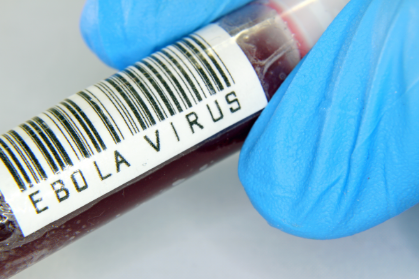In January 2015, TIME Magazine published an article stating that the Ebola epidemic may end by June 2015 in Liberia. That outcome can be achieved, according to researchers, only if current hospitalization rates continue, as well as changes in cultural norms and burial practices.
As the focus shifts to ending the Ebola epidemic in the affected region of West Africa, there is cautious hope. According to the WHO situation report for 28 January 2015, there were fewer than 100 new confirmed cases reported in a week in the three most-affected countries (Guinea, 30; Liberia, 4; Sierra Leone, 65) for the first time since the week ending 29 June 2014. However, the WHO situation report for 4 February noted that the weekly case incidence increased in all three countries for the first time this year. There were 124 new confirmed cases reported in the week to 1 February.
While travel and commerce have resumed in other regions of Africa amidst decreased Ebola-related concerns, travelers to Africa should remain vigilant.
Global Rescue advises members to:
— Adhere to the U.S. Centers for Disease Control and Prevention (CDC) warning against non-essential travel to Guinea, Liberia and Sierra Leone. Travel to these affected West African countries should be avoided unless absolutely necessary.
— Pay attention to U.S. State Department and WHO updates. Follow the World Health Organization guidelines.
— While hospital workers, laboratory workers and family members are at greatest risk of contracting the virus, individuals traveling to Ebola-affected countries should exercise basic health precautions including:
— Avoid areas of known outbreaks
— Avoid contact with infected individuals
— Strict personal hygiene including frequent hand-washing should be adhered to while traveling in endemic areas
— Report any symptoms to health officials immediately
See more detailed recommendations in our previous post, Ebola: What you should know.
Contact Global Rescue at 617-459-4200 or operations@globalrescue.com with questions or concerns regarding Ebola.









